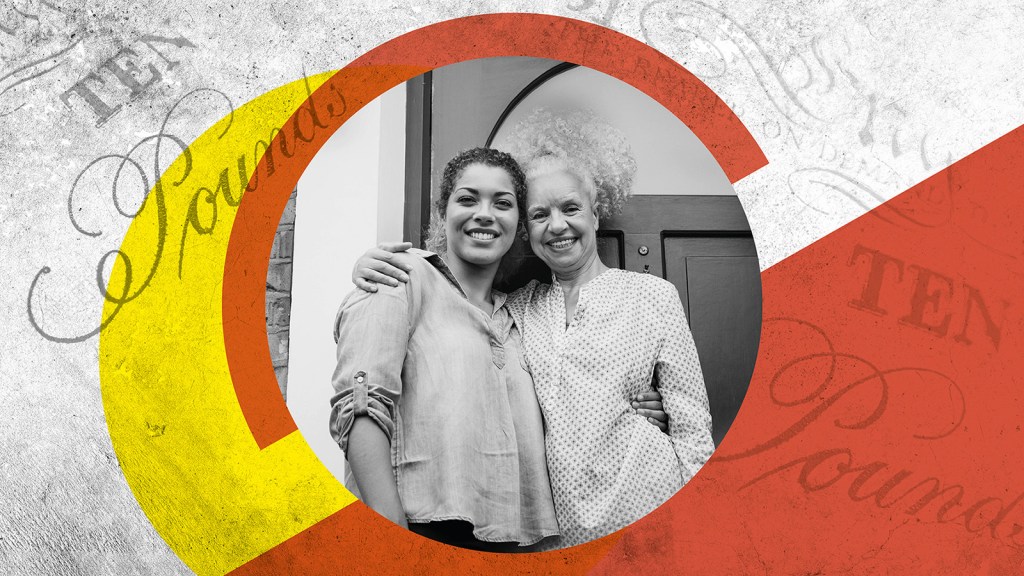Should Your Parents Include You in Decisions About Equity Release?
Equity release loans provide a pathway for homeowners over the age of 55 to access their home’s equity without having to relocate. This financial arrangement is typically settled upon the homeowner’s death or when they enter long-term care. As such, relatives who may inherit the property might wonder whether they should have a say in this matter. We explore differing opinions.
Baroness Altmann, a former pensions minister and advocate for financial awareness, highlights that equity release may be appealing, offering individuals a chance to tap into their home’s value while continuing to reside there. This access could enhance financial stability in later years and potentially allow for wealth transfer to heirs.

However, homeowners should not feel pressured by their children into decisions they might regret. Consulting an independent financial expert can offer objective insights, ensuring that advice comes from a source not incentivized to promote equity release.
Alternative strategies exist. Downsizing can provide necessary capital with potential tax benefits, and utilizing savings accounts like ISAs may also be viable. Homeowners could consider renting out spare rooms rather than opting for equity release. It’s crucial to recognize the long-term implications of such a decision, particularly for younger homeowners.
Additionally, children might have varied perspectives on the financial needs of their parents. Allowing them influence could lead to family tensions or pressure to make unfavorable choices. One child may prioritize immediate financial help, while others might prefer preserving the home’s value for inheritance.
Many individuals misestimate their longevity and may rush into equity release, forgetting that interest compounds, which could dramatically reduce the legacy they leave behind. This decision has the potential to leave nothing for the next generation or hinder future homeownership prospects.
Future considerations are essential. Opting for equity release may lead to a situation where the homeowner bears the costs of their own care later in life. Currently, the value of a primary residence is not counted in care means-testing, which could change if equity is released.
While maintaining a strong relationship with children is important, significant financial decisions should ultimately rest with the individual, allowing them to dictate how to manage their resources in their later years.
Contrasting View
Jim Boyd, the CEO of the Equity Release Council, advocates for transparent discussions about equity release within families. Including those with a stake in the estate can prevent misunderstandings that may arise later.
Revelations regarding significant financial decisions can lead to distress. Open dialogues about the reasoning behind equity release can mitigate familial issues down the line. Death and financial matters are sensitive topics, often sparking conflicts when not addressed beforehand.

Equity release can provide essential support for individuals who possess valuable property but lack liquidity. This financial option can be especially beneficial for women, who typically outlive men and may have smaller pensions.
For many older homeowners, equity release becomes a critical lifeline, assisting in boosting pension income, paying off debts, or covering care costs. As the average equity release customer is in their late sixties, those with adult children often find these discussions vital as they navigate planning for their parents’ future needs.
In many cases, utilizing equity release may be a selfless decision as it allows parents to support their children’s milestones, such as home purchases.
As society continues to evolve, it’s essential that attitudes towards retirement and financial decision-making improve to foster understanding and compassion for the challenges faced by the older generation.
Family conversations can strengthen connections and lessen the likelihood of misinterpretations regarding intentions, ensuring that the option of equity release is viewed as a viable solution rather than a last resort.






